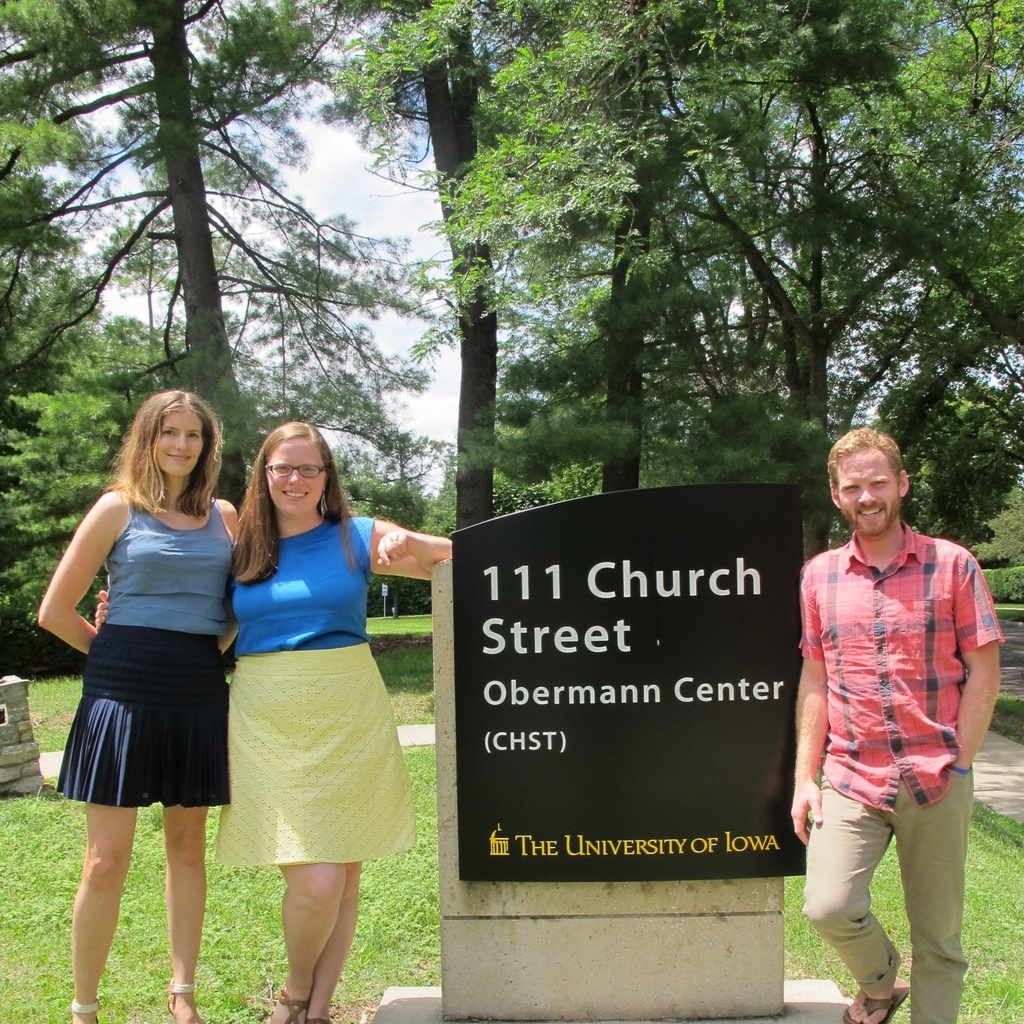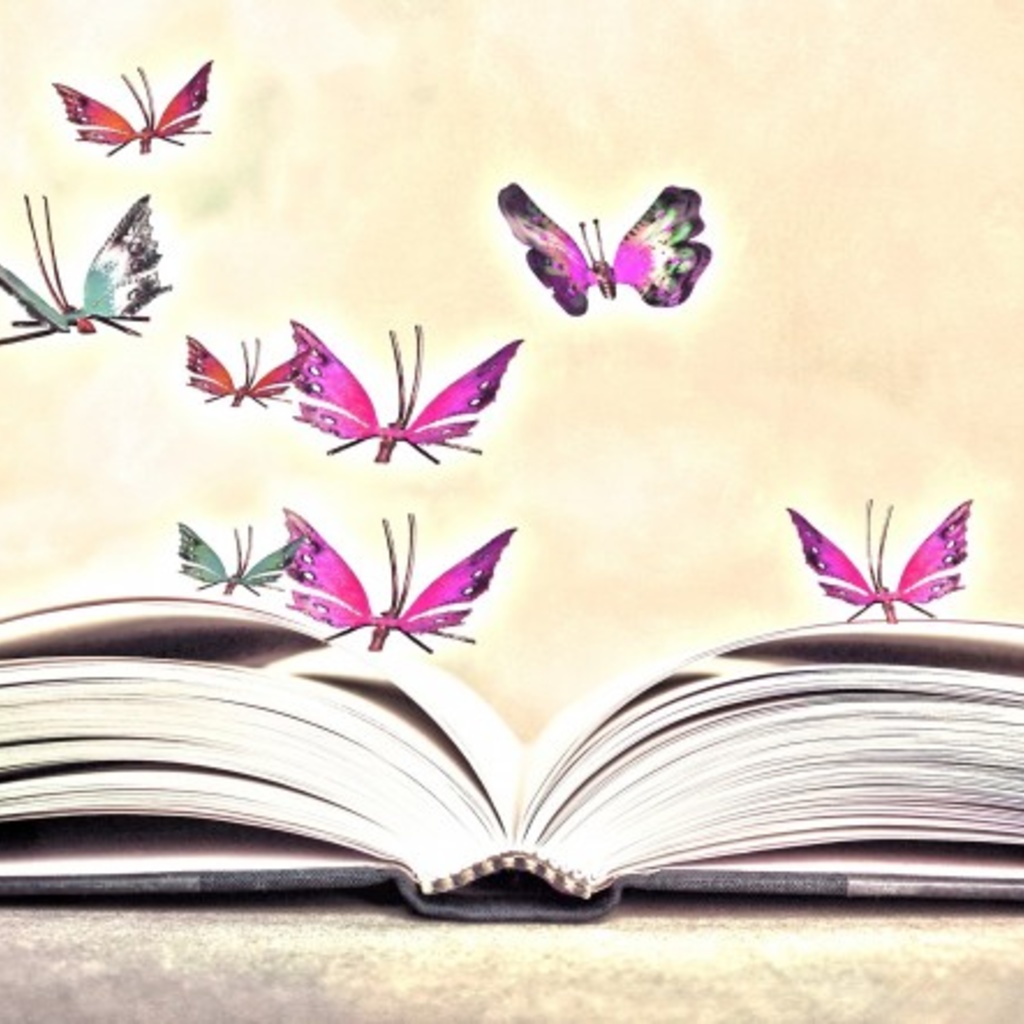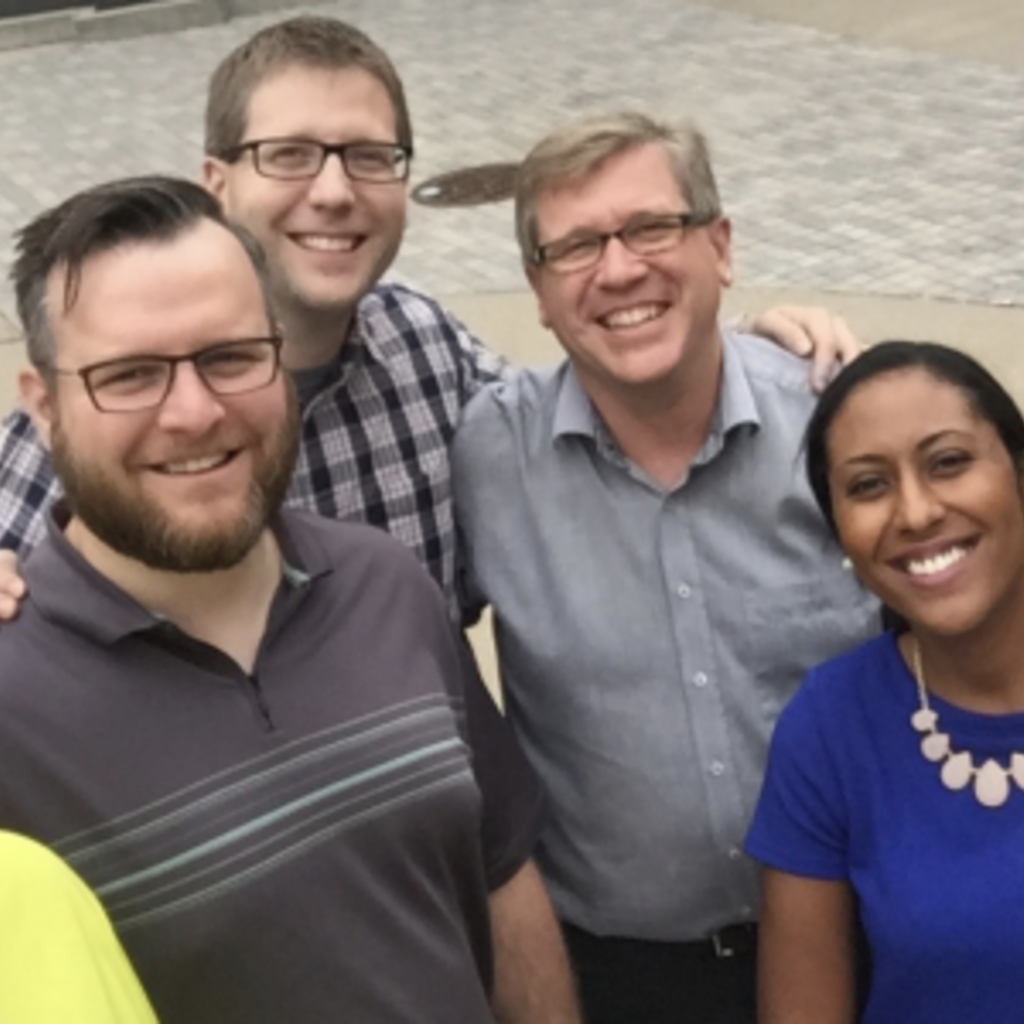Upcoming Events

NEA Big Read | Free Book Pick Up
Monday, January 20, 9:00am to Wednesday, February 12, 2025 5:00pm
The Stanley Museum of Art will launch its National Endowment for the Arts Big Read program on Jan. 20, 2025, Martin Luther King Jr. Day.
This event features a community wide reading of the novel Beloved by Toni Morrison. Pick up a free copy of Beloved at 12 pickup locations across Iowa City between Jan. 20 and Feb. 12, 2025.
Register here to pickup a free copy: https://uiowa.doubleknot.com/event/nea-big-reads-beloved-by-toni-morriso...
An email confirmation must be presented to claim a book...

Don't Panic! Rethinking How We Frame Difficult Content in the Classroom
Thursday, February 20, 2025 4:00pm
Join us for a conversation about trigger warnings, content alerts, and other approaches to teaching potentially upsetting topics — led by Newell Ann Van Auken, Associate Professor of Instruction, Division of World Languages, Literatures, & Cultures.
Co-hosted by the Center for Language and Culture Learning, the Center for Asian and Pacific Studies (CAPS), and the Chinese Humanities and Arts Workshop (CHAW), an Obermann Working Group.

Artist Talk with Jerron Herman
Thursday, February 20, 2025 5:00pm to 6:30pm
Join us for an inspiring conversation with acclaimed choreographer and disabled artist Jerron Herman, an artist compelled to create images of freedom.

Book Matters: Brady G’Sell and Meena Khandelwal in conversation with Elana Buch
Tuesday, February 25, 2025 7:00pm to 8:30pm
Join us for a reading and discussion, co-sponsored by Prairie Lights, to celebrate recent works from Brady G’Sell and Meena Khandelwal, faculty in the University of Iowa Department of Anthropology and the Gender, Women’s, and Sexuality Studies Program. After the reading, Elana Buch, associate professor of anthropology, will join G’Sell and Khandelwal for a conversation and Q&A with the audience. Light refreshments will follow.
Pagination
Spacer
Upcoming Application Deadlines
Upcoming Application Deadlines
News

The Meek and the Mighty: Interdisciplinary Research Grant Explores Diversity Programs
The “Big Ten Conference” is often used as shorthand for football. But faced with demands for a more just society, this group of Midwestern research universities has also taken the lead in making higher education accessible. In 1968, at the height of the Civil Rights Movement, Indiana University led the Big Ten in establishing a program for first-generation college students. A decade later, in 1979, during the Women’s Movement, Ohio State University was the first in the Big Ten to create a living-learning community to support and recruit women in STEM fields. Since then, Big Ten schools, like most universities in the United States, have implemented programs that provide community, mentorship, and other forms of support to minority and culturally diverse students.
What factors influence the time to adoption of these programs? What impact do the programs have shortly after they’re adopted? Does, for instance, the percentage of women majoring in STEM fields increase on campuses that implement those support programs? Do students who participate in such programs tend to stay enrolled at the school and finish their degrees, compared to students who don’t?
These are the questions Aislinn Conrad-Hiebner (School of Social Work, CLAS), Martin Kivlighan (College of Education), and Elizabeth Menninga (Political Science, CLAS) are exploring as part of their fledgling project “The Meek and the Mighty: Exploring Diversity Programs among Big Ten Universities,” which they initiated last summer as part of an Obermann Interdisciplinary Research Grant.

Meet the Manuscript with Obermann Graduate Fellow Heather Wacha
28 beaver fur hats. 6 panels of tapestries. Wool from Flanders. Silks, cloths, and linens. Furniture, paintings, and sculptures. Gold and Silver. All manner of carriages. If you had been an heir of the estate of Don Francisco Muñoz Carillo, a nobleman from Cuenca, Spain, who died in 1687, you may have received some part of these items. However, before you get too excited, you would have also...

2015-16 Obermann Annual Report
Welcome to the 2015-16 Obermann Center Annual Report! View the report in its entirety. I often find the best inspiration for the year ahead is a quick look in the rearview mirror. That’s certainly true for the Obermann Center, where that mirror frames a panorama of fellow travelers—faculty, staff, students, and partners—in 2015–16. In Summer 2015, faculty with Obermann Interdisciplinary...

Humanities research and the human condition
This article by Obermann Center Director Teresa Mangum appeared in the July 14, 2016, edition of Iowa Now: If you follow news about higher education, you know that the value of humanities scholarship—the study of the arts, cultures, history, languages, literature, philosophy, and religion—is often called into question. Pummeled by busyness, technical challenges, health care costs...

Open-Access Tools Make Research Available to All
Not so long ago, if you wanted to read The Odyssey, you needed several massive—and expensive—tomes: the original text, appendices of endnotes, maps, and family trees, maybe even a Greek dictionary. Today, thanks to digital humanists like Sarah Bond (Classics, CLAS) and Paul Dilley (Classics and Religious Studies, CLAS), you can access many classical texts online, for free, with notes...

Reviving Biophilia—Mary Trachsel Considers Our Disconnect from the Natural World
Animals on Campus Humans share the state of Iowa with as many as 20 million hogs, in addition to millions of chickens and cows. In a state so densely populated with non-human animals, why are they so invisible to us on the University of Iowa campus? This wasn’t always the case. In the 1800s, a fence was erected around the Pentacrest to keep pigs off the grounds. An early professor of writing...
Pagination









